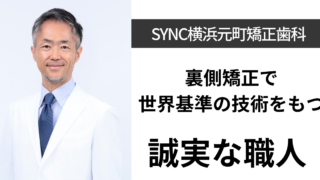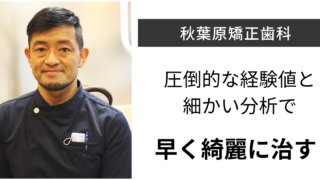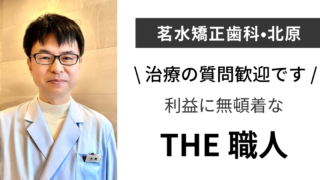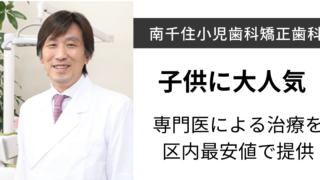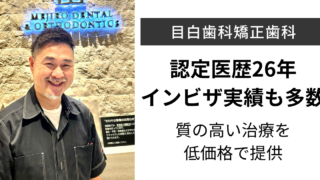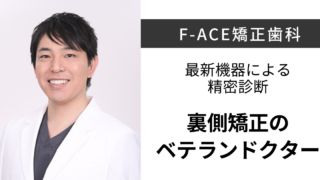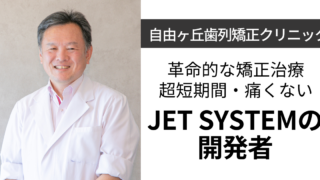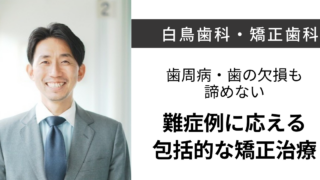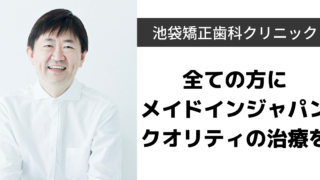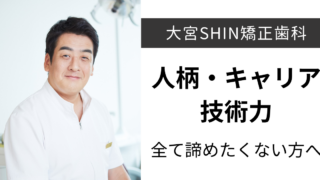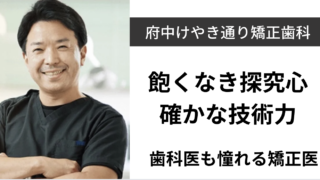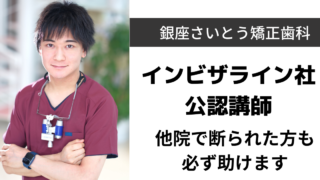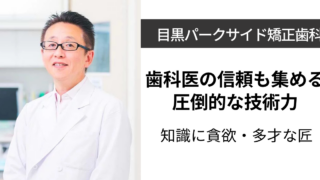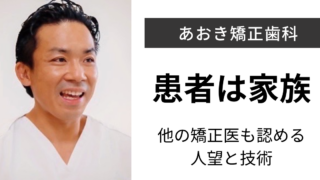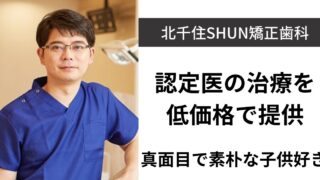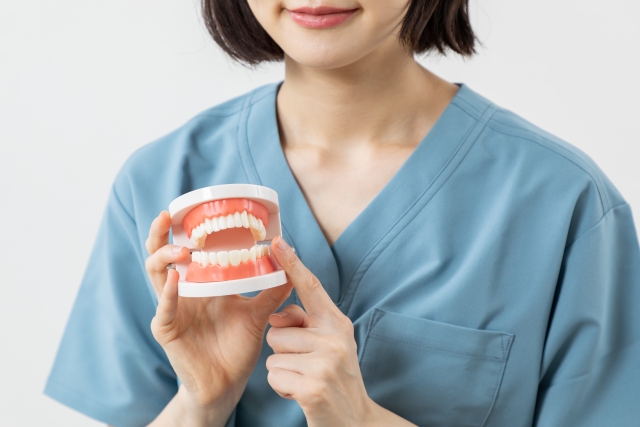
先天性欠如歯とは?原因や治療法、ショックから立ち直る方法

矯正中は先生、私は生まれつき他の人より歯の本数が少ないそうなんです…
ショックです。

そうだったんですね…
生まれつき歯の本数が少ないことを歯科では「先天性欠如歯」と言います。
先天性欠如歯とはどんなものか、原因、治療法、ショックから立ち直る方法を解説します!
先天性欠如歯とは?

先天性欠如歯とは、生まれつき永久歯の本数が通常よりも少ないことです。
具体的に、
- 先天性欠如歯の定義と発生率
- 先天性欠如歯の原因とリスク
- 先天性欠如歯の診断方法
を解説します。
先天性欠如歯の定義と発生率
先天性欠如歯の定義は、永久歯28本(親知らずを含むと最大32本)の中で生まれつきない歯のことです。
つまり、乳歯がすべて揃っていても「その下に生え変わる永久歯が存在しない」ということになります。
病気によって起こるものではなく、歯が作られる過程での形成異常の一つです。
日本小児歯科学会で2011年3月に発表された調査により、先天性欠如歯の発生率や発生部位などには、以下のような傾向があることが分かっています。
- 先天性欠如歯の発生率(※)
- 小児歯科を受診している子どもの10人に1人
- 先天性欠如歯の発生本数
- 1人あたり1本〜数本
- 先天性欠如歯の発生頻度
- 上顎→約4.37%
- 下顎→約7.58%
- 先天性欠如歯の発生部位(※)
- 左右第2小臼歯(前歯から数えて5番目の歯)
- 左右惻切歯(前歯から数えて2番目の歯)
※親知らずは調査対象外。
先天性欠如歯の原因とリスク
先天性欠如歯の原因は、はっきりと分かっていません。
- 遺伝的要因
- 歯の形成段階(妊娠中)の栄養不足
- 全身疾患
- 薬の副作用
- 放射線の影響
- 食生活の変化による顎の縮小化 など
さまざまな説がありますが、はっきりとした関連性は認められていないというのが現状です。
そのため、先天性欠如歯を予防することはできません。
先天性欠如歯がある人は、乳歯が抜けた後に生えてくる永久歯のスペースが余ってしまうことが多いです。
先天性欠如歯によって永久歯の歯列に無駄なスペースができると、
- 隣の歯が倒れ込んできて歯並びや噛み合わせが悪くなる
- 上下の歯と噛み合わないため、歯が長くなる
- すきっ歯になって見た目にコンプレックスを抱くようになる
などのさまざまな問題が生じます。
特に噛み合わせは、口の健康から全身の健康にまで影響を与えます。
先天性欠如歯で歯並びや噛み合わせが乱れると、
- 噛み合わせの力で歯がダメージを受けやすい
- 虫歯・歯周病・口臭のリスクが高い
- 顎関節症が発症しやすい
- 発音や滑舌に影響を与えることがある
- 頭痛、肩コリ など
このようなリスクが高くなるので注意しましょう。
先天性欠如歯の診断方法
先天性欠如歯は、基本的に歯医者でレントゲン撮影をして診断します。
レントゲン写真を撮ると、歯茎の中にどの歯があってどの歯がないのかを確認することができます。
- 乳歯が適齢期を過ぎても抜けない
- 乳歯が抜けた後に永久歯が生えてこない
- 永久歯の歯と歯の間に大きな隙間ができている
- 健康診断で歯の本数について指摘された など
このような場合は、歯医者でレントゲンを撮って歯があるか確認してもらうのがおすすめです。
先天性欠如歯の治療法
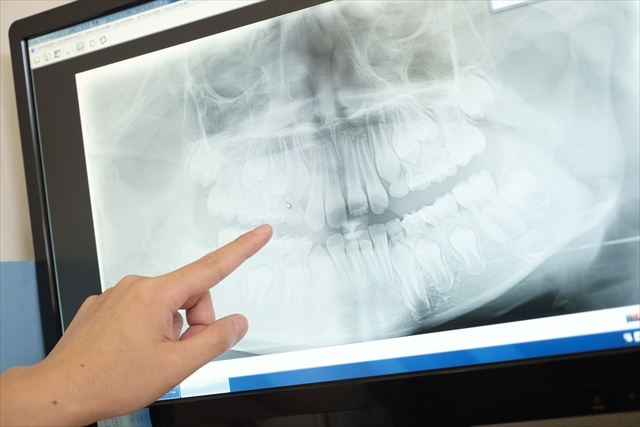
先天性欠如歯は予防できず、ない歯を作って生やすような治療方法もまだありません。
そのため、先天性欠如歯がある場合は以下のような治療を行います。
- 乳歯の長期保存
- 補綴物やインプラントによる補填
- 矯正歯科による歯並びの調整
乳歯の長期保存
乳歯が抜ける前に先天性欠如歯であることが分かっている場合は、虫歯や歯周病で乳歯を失わないようにします。
乳歯をできるだけ長く残すには、
- 毎日の正しい歯磨き
- 定期的に歯科検診を受ける
ことが大切です。
乳歯は永久歯よりも根が短くて脆いため虫歯や歯周病のリスクが高いです。
そのため、一生残せるケースは非常に稀ですが、長いと20〜30代くらいまで乳歯を残せるケースもあります。
乳歯が抜けた後の補填は、成長期が終わった段階で行う方が治療の選択肢が増えます。
事前に先天性欠如歯があると分かっている場合はよくメンテナンスを行い、乳歯をできるだけ長く使えるように努めましょう。
補綴物やインプラントによる補填
乳歯が抜けてしまった場合は、先天性欠如歯の本数に応じて補綴物やインプラントで歯列の隙間を補填します。
- 入れ歯
- ブリッジ
- インプラント
これらの中から、補填する歯の本数、見た目、機能性、適応などを考慮して選びましょう。
矯正歯科による歯並びの調整
歯並びと噛み合わせの状態によりますが、
- 矯正治療を行って先天欠如歯によって余ったスペースを埋める
- 先天欠如歯によってできた歯のスペースを利用して、歯並びや噛み合わせを整える
ことで見た目と機能を回復できます。
歯を並べるためのスペースを確保するために抜歯が必要な症例なら、先天性欠如歯があることで抜歯する歯の本数を減らせるというメリットも生まれます。
矯正治療は基本的に自費診療になりますが、先天性欠如歯が6本異常ある場合は保険適用にて矯正治療ができる可能性があります。
先天性欠如歯が6本以上ある場合は、歯科矯正診断料算定が可能な歯科を受診してみましょう。
先天性欠如歯でショックを受けたときの対処法

「生まれつき歯がない」と言われて先天性欠如歯に伴うリスクについて知ると、ショックを受ける方は多いでしょう。
先天性欠如歯でショックを受けたときは、以下の対策をとってある程度の見通しをつけると安心できます。
- 歯医者さんや家族に相談する
- 治療計画や費用について確認する
歯医者さんや家族に相談する
先天性欠如歯は、歯並び・噛み合わせの問題や見た目に関するコンプレックスを抱くことがあります。
歯医者さんに相談して、乳歯が抜けてしまったあとの対処法をいくつか提案してもらったり、家族にどんな治療方法がいいか相談してみたりして、情報を整理しましょう。
治療計画や費用について確認する
先天性欠如歯の治療には、保険診療と自費診療のものがあります。
保険診療で可能な治療は入れ歯やブリッジ、自費診療となるのはインプラントや矯正治療です。
入れ歯やブリッジも素材によっては自費となるため、乳歯が抜けた後の補填の治療計画や費用について、歯医者さんで確認しておきましょう。
準備しておけば、必要なタイミングで治療を行えます。
*小児歯科も行っている矯正歯科おすすめ☟
まとめ
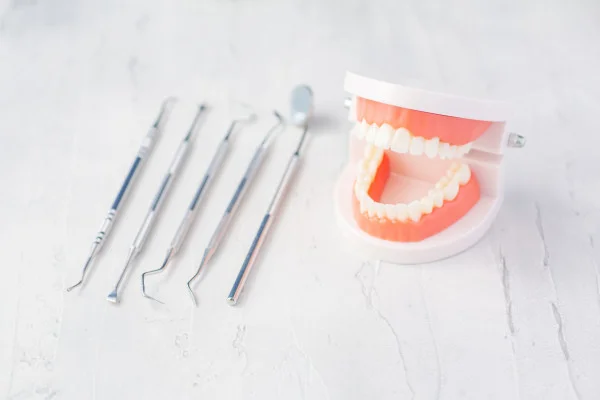
先天性欠如歯とは、生まれつきない歯のことです。
先天性欠如歯がある人は、噛み合わせや歯並びの乱れが起こりやすいので、
- 乳歯が適齢期を過ぎても抜けない
- 乳歯が抜けた後に永久歯が生えてこない
- 永久歯の歯と歯の間に大きな隙間ができている
- 健康診断で歯の本数について指摘された など
このような場合は、歯医者さんでレントゲン撮影をして確認してもらいましょう。
365dentistでは、
- 歯科医師運営のオープンチャットでのご相談
- あなたにあった歯医者探しのお手伝い
- お口に関するお役立ちコラム
で、あなたのお口の健康と美をサポートいたします!
まずは歯科医師運営のオープンチャットでお気軽にご相談ください!
関連記事:生まれつき歯並びがいい人の特徴とメリット!歯並びが悪くなる原因と予防法
関連記事:すきっ歯は橋正で治す?すきっ歯をごまかす方法はあるの?
関連記事:きれいな歯並びの条件とは
365dentist総監修 歯科医師/勝屋友紀子
長崎大学歯学部卒業、〜2018 九州医療センター、2018〜現在 都内歯科クリニック勤務
監修 歯科医師/Naomi
臨床研修終後、都内審美歯科勤務。現在は歯科医師/歯科ライター

